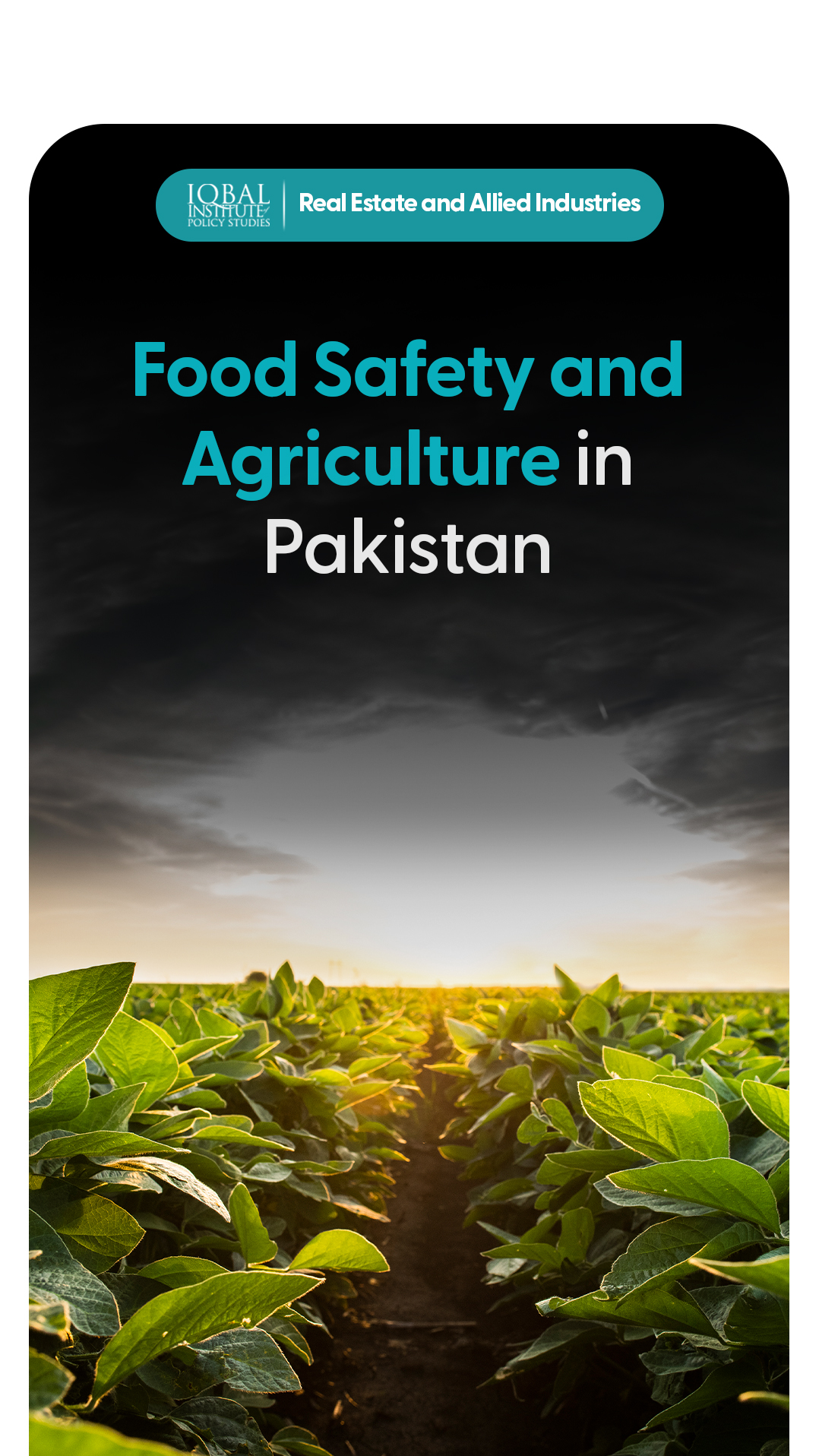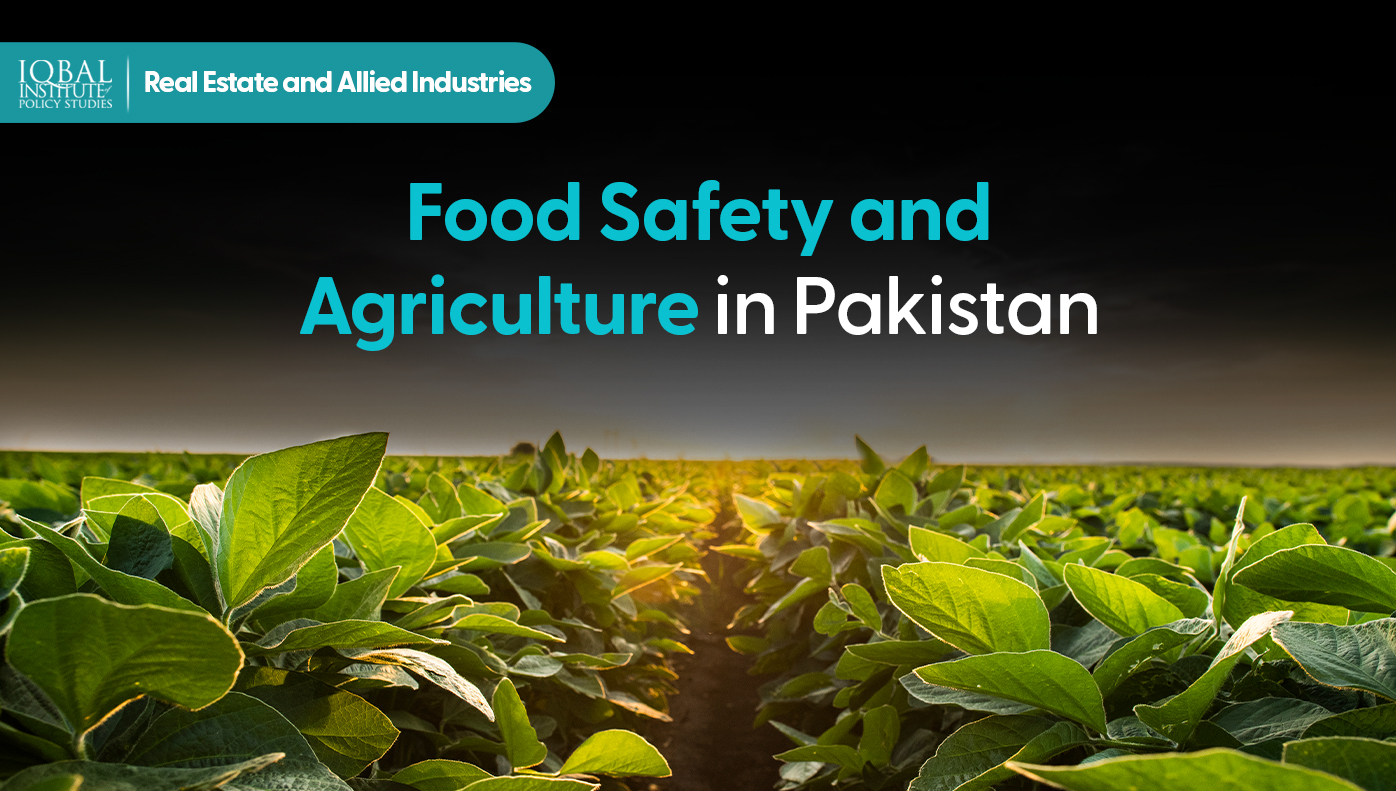Ensuring effective standards for food, drugs and agricultural chemicals is vital to sustaining life and ensuring the provision of quality food. Unsafe food containing harmful bacteria, viruses, parasites or chemical substances causes more than 200 diseases, ranging from diarrhoea to cancers. It also creates a vicious cycle of disease and malnutrition, particularly affecting infants, young children, the elderly and the sick. Good collaboration between governments, producers and consumers is needed to help ensure food safety and stronger food systems.
To protect the people of Pakistan from substandard, contaminated and adulterated products, the government has decided to establish the Agriculture, Food and Drug Authority. This authority will be responsible for safeguarding public health by certifying the safety, effectiveness and value of human and agricultural drugs and other related products. It will ensure effective standards for food, medicines and agricultural chemicals and help curb the supply of substandard and adulterated food, medicines, agricultural sprays, and fertilisers. It will also ensure the provision of safe and high-quality products to the people.
Ensuring healthy lives and promoting well-being are also essential to sustainable development goals (SDGs). Pakistan is generally improving in achieving its SDG 3 (Good Health and Well-being) targets. The good health of citizens can also contribute positively to economic and social development. Several initiatives have been taken to address the problems of health financing, child mortality, maternal health, and the spread of communicable and non-communicable diseases. As the world continues to experience increased deaths due to malnutrition and poor health services, Pakistan is providing safety nets to its population which has a staggering success rate of 97 per cent.
Furthermore, there is a dire need to make food safety a public health priority, as they play a pivotal role in developing policies and regulatory frameworks and establishing and implementing effective food safety systems. The government should also assess the safety of new technologies used in food production, such as genetic modification, cultivated food products and nanotechnology to strengthen its national food control systems and reduce the burden of foodborne diseases.



Leave a Reply